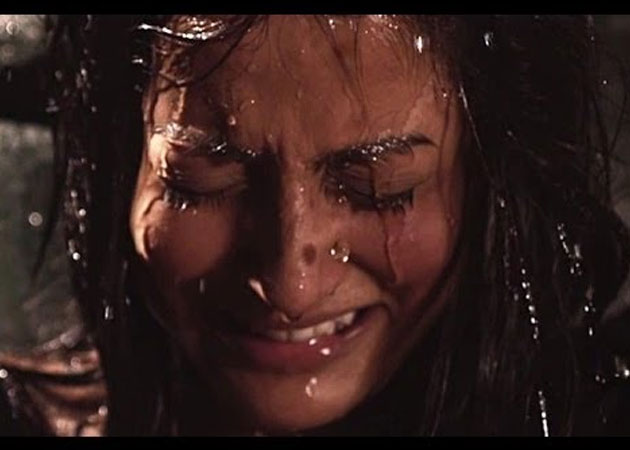
“Forgiving is not forgetting; its actually remembering–remembering and not using your right to hit back. Its a second chance for a new beginning. And the remembering part is particularly important. Especially if you don’t want to repeat what happened.”
–Desmond Tutu
It has been over three decades since the tragedy of 1971. Enough time for those involved to look back and consider with the benefit of hindsight, what went wrong. In a new article in Foreign Affairs, Harold H. Saunders a senior member of the US National Security Staff during the time, looks back on the events that led up to the 1971 war and asks whether mistakes made by the US added to the tragic events that followed.
The events of that war are also the subject of two recent films, and the treatment of each should be taken into consideration. First is the movie Gunday, which is an Indian attempt to white wash the entire affair and presents Bangladeshis speaking Hindi, declaring themselves as Indian, and in one infamous scene rejecting the Independence of Pakistan in 1948. What was supposed to be an action-packed blockbuster ended up as a massive failure because no one was interested in seeing such a distorted version of history.
Another new movie has received a much different reaction. ‘Children of War’ is another Indian-made film, but this time the history was not manipulated or distorted. Actually, it was told in all gory details, even those that many Bangladeshi would hope to never see.
Despite the grim portrayal of atrocities, Children of War film was not greeted with anger, but premiered in Bangladesh to an esteemed audience that included Information Minister Hasanul Haq Inu, Cultural Affairs Minister Asaduzzaman Noor and a number of other lawmakers and political personalities.
Interestingly, the film does not attempt to make the Indians or any other group as heroes either. In fact it is reported that in some cinemas, anti-American slogans were raised against its willingness to stand with Gen Ayub. Rather it is a painful reminder of the horrors of the 1971 war.
The film has been praised by Member of European Parliament Ryszard Czarnecki who ‘strongly recommended to the European Parliament and other European institutions – committed to the principles of secularism, democracy and tolerance – to promote this movie in order to witness the realist depiction of events of the 1971 genocide in Bangladesh’.
Sadly, the film has been banned where it is most needed. Central Board of Film Censors in Islamabad termed the film as ‘one-sided’. But what excuse can be given to justify such atrocities? The real danger, though, is that without facing the brutal truth and remembering what happened, we may doom ourselves to repeat it.
![]()





